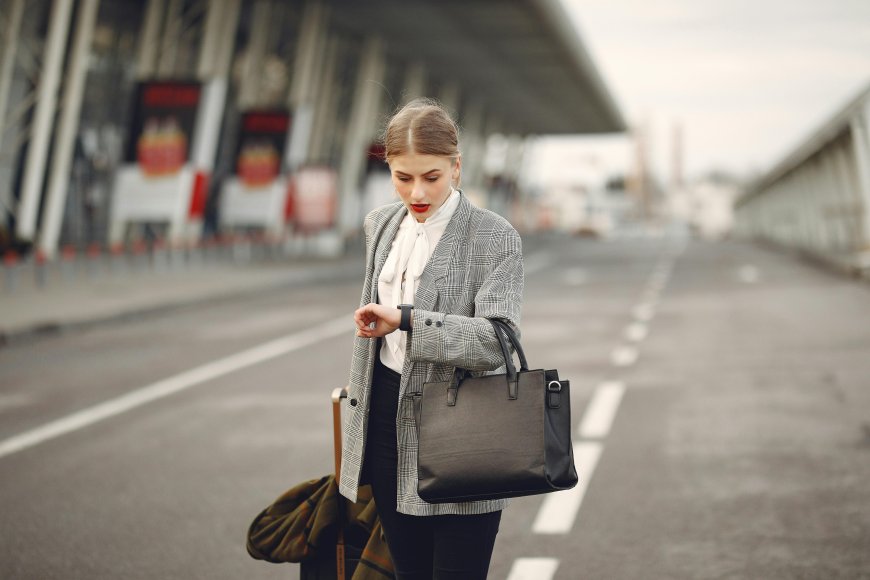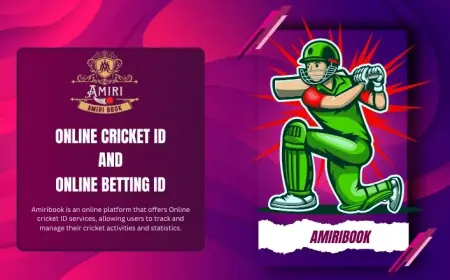4 New Innovations in Technology & Travel

Thanks to technology, this has completely changed how people plan, book, and enjoy their travels, revolutionising the travel industry. This is a thorough guide to comprehending the relationship between travel and technology.
This article can tell you more about the range of technological innovations and show how they improve travel, making it more easy, effective, and pleasurable. Examples of these innovations include smartphone applications, virtual tours, AI-driven suggestions, online booking platforms, and smart baggage. Technology keeps changing the way we travel, from early trip planning to post-trip sharing. Below is everything you need to know about technology and travel:
1 - Planning and booking travels
Online travel agencies: Online travel agencies, or OTAs, are websites such as Expedia, Booking.com, and Agoda that let customers compare costs, read reviews, and make reservations for hotels, flights, and rental cars all from one place. They accommodate a variety of travel tastes and price ranges by providing convenience and a wide range of possibilities.
Metasearch engines: To assist consumers in finding the best bargains, programs like Skyscanner and Kayak compile information from several OTAs and airlines. By providing thorough price comparisons and availability from several sources, these systems streamline the booking process and let travellers make decisions fast.
Mobile apps: Apps like Hopper, TripAdvisor, and Airbnb make it simple to book and manage travel arrangements, and they frequently offer special mobile discounts. With their easy-to-use navigation, tailored suggestions, and up-to-date information on flights, lodging, and activities, they improve travel experiences by providing quick access to services and information while on the go.
2 - Travel logistics
Digital Itineraries: Applications such as TripIt and Google Trips combine airline information, hotel bookings, and itinerary data into one digital document. These applications automatically gather trip information by syncing with email accounts, giving users a consolidated snapshot of their itinerary at their fingertips.
Real-Time Updates: Mobile applications and SMS notifications are used by airlines and rail services to provide passengers with up-to-date information on delays, gate changes, and cancellations. This minimises interruptions and enables travellers to make timely modifications by keeping them aware of any changes to their travel schedule.
Electronic tickets and mobile boarding passes: Electronic tickets and mobile boarding cards saved on cell phones simplify the process of checking in and minimise the amount of paper used. Electronic ticket access and management make traveller convenience and environmental sustainability initiatives possible. It expedites airport processes and improves overall travel efficiency.
3 - Navigation and transportation
GPS and Maps: Waze, Apple Maps, and Google Maps offer real-time traffic updates, route planning, and navigation for driving, walking, and taking public transportation. The shortest routes and the least amount of traffic are suggested by these applications using user-generated data, which improves the ease and effectiveness of travel.
Ride-sharing and Car Rentals: Convenient substitutes for conventional taxis and rental car services include apps like Zipcar, Uber, and Lyft. With features like fee prediction, driver reviews, and in-app purchases, they provide flexible transportation alternatives that make it simpler for travellers to get to cities and their destinations.
Bike and Scooter Sharing: Businesses such as Lime and Bird provide eco-friendly transportation solutions in numerous cities by renting out bikes and scooters via an app. By lowering carbon emissions and providing quick, easy, and reasonably priced methods to visit cities, these services encourage environmentally friendly travel, particularly for short-term excursions and sightseeing.
4 - Accommodation
Hotels: Through their digital platforms, apps and websites like Marriott, Hilton, and so on, provide booking, check-in, and reward programmes. These systems simplify the booking process and improve the visitor experience with features like mobile check-in, personalised suggestions based on loyalty status, and room selection.
Vacation Rentals: Travellers may reserve distinctive lodging, ranging from flats to whole homes, on websites like Airbnb, VRBO, and HomeAway. These platforms provide flexibility and comfort for longer stays or group travel, and they appeal to travellers looking for personalised accommodations with utilities like kitchens, living spaces, and local experiences.
Alternative Accommodations: For individuals on a tight budget or looking for social activities, services like Couchsurfing and Hostelworld provide possibilities. By facilitating affordable accommodations in shared lodgings like hostels, guesthouses, or couches, these platforms link tourists with locals and other travellers, promoting cross-cultural interaction and community involvement while travelling.
What's Your Reaction?
 Like
0
Like
0
 Dislike
0
Dislike
0
 Love
0
Love
0
 Funny
0
Funny
0
 Angry
0
Angry
0
 Sad
0
Sad
0
 Wow
0
Wow
0

























































